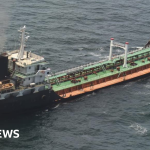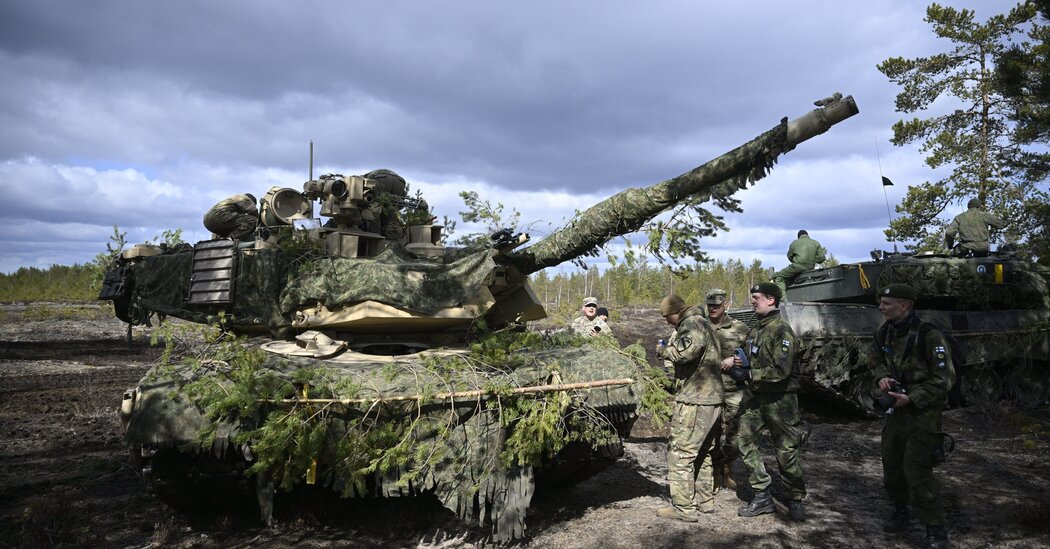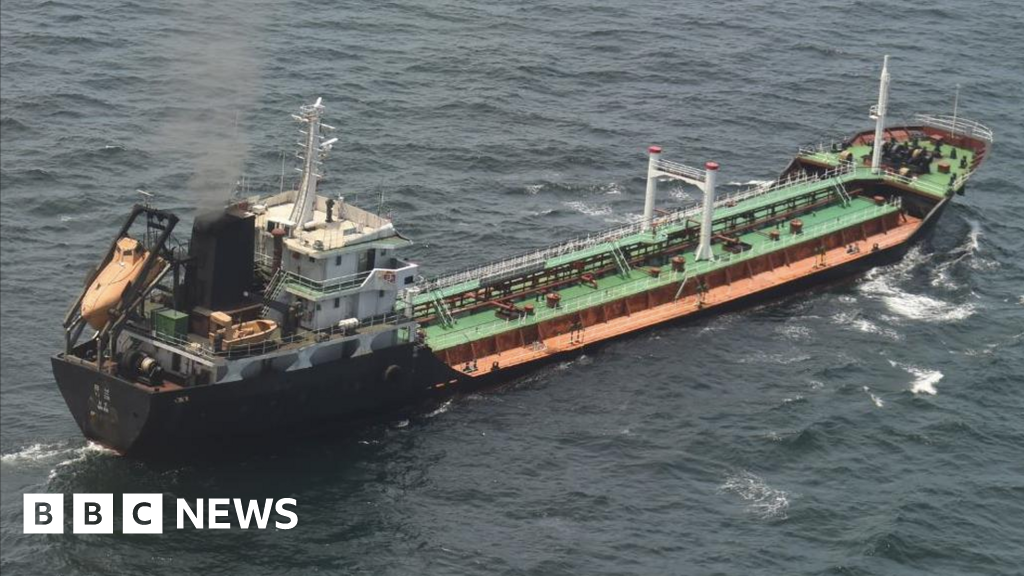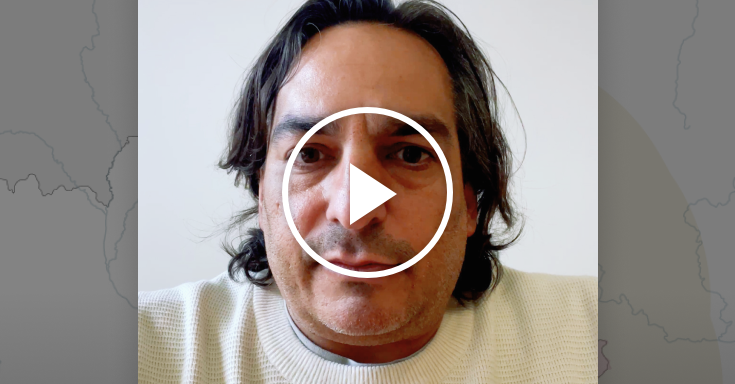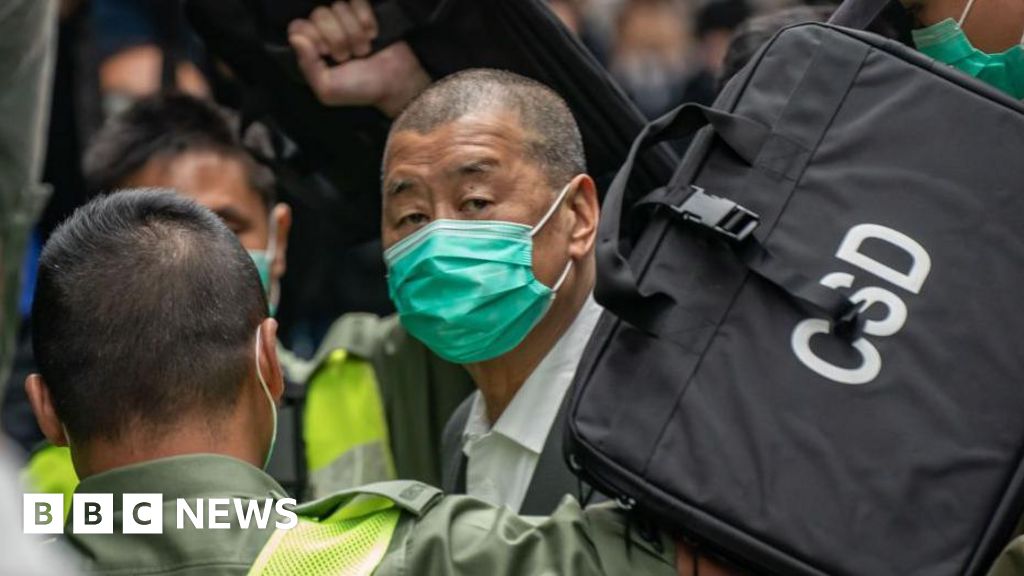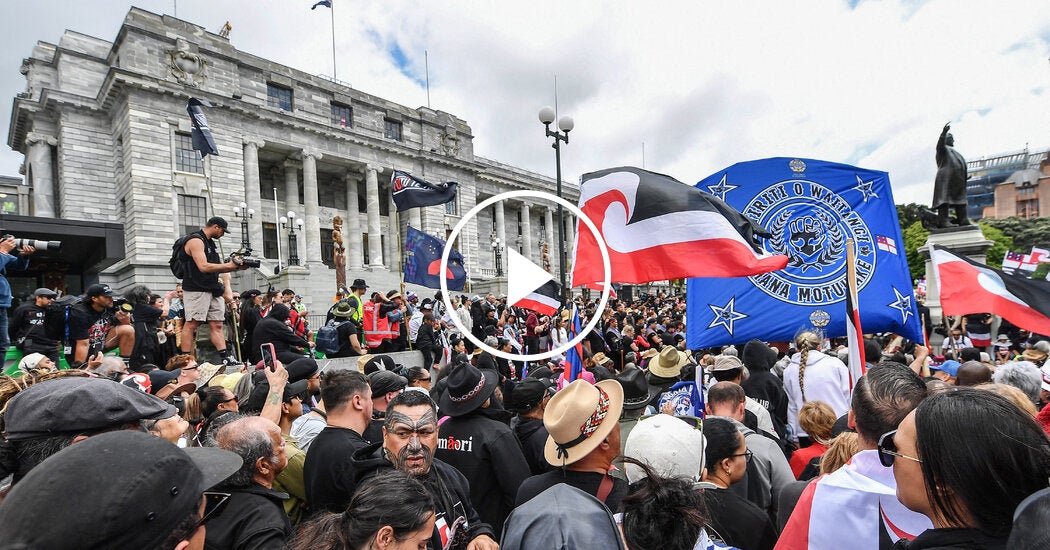The first American-made Abrams tanks have been delivered to Ukraine, President Volodymyr Zelensky said on Monday, arriving months ahead of initial estimates and in time to be used in Kyiv’s counteroffensive against Russian forces.
More M1 Abrams tanks will be sent in the coming months, according to two U.S. defense officials who spoke on condition of anonymity because they weren’t authorized to speak publicly. They said that those shipped into Ukraine on Saturday were the first of 31 that the Biden administration has promised to provide.
Mr. Zelensky offered no details in a post on his Telegram channel, but U.S. officials said two platoons worth of tanks were delivered to Ukraine. That would generally amount to between eight and 10 tanks.
“Abrams are already in Ukraine and are preparing to reinforce our brigades,” Mr. Zelensky wrote, adding that he was “grateful to allies.”
The Abrams will be among other tanks in Ukraine’s arsenal that it could use to push into, and possibly reclaim, Russian-held territory in Ukraine’s eastern and southern regions, where fighting has ground on for months without major breakthroughs. But Kyrylo Budanov, the head of Ukraine’s military intelligence, has warned that the Abrams would need to be deployed “in a very tailored way, for very specific, well-crafted operations,” or risk being destroyed.
If they are simply sent to the front lines to try to punch through Russian defenses, General Budanov said last week in an interview with an American military news site, “they will not live very long on the battlefield. They need to be used in those breakthrough operations, but very well prepared.”
Former senior American military officers say it could take some time before the Abrams are sent to the battlefield, as Ukrainian troops first ensure that they have the needed support elements and decide where and when the vehicles will be most effective. Until then, it’s likely that the tanks’ locations will be kept under wraps as Ukraine’s forces “don’t want to start losing them to precision strikes before they are actually in the fight,” said Ben Hodges, a retired general who formerly commanded the U.S. Army in Europe.
Both President Biden and the American defense secretary, Lloyd J. Austin III, had forecast last week that the tanks would be shipped within days. Their arrival represents part of an extraordinary effort by Western allies — responding to relentless pushing from Ukraine — to deliver a powerful weapon months ahead of schedule.
Just one year ago, allies had resisted sending Western-made tanks to Ukraine, concerned that doing so would draw NATO more directly into the war and further escalate tensions with President Vladimir V. Putin of Russia.
By January, however, convinced that Ukraine needed more heavy armored vehicles to confront Russian forces, Britain, Germany and the United States each agreed to supply the modern Western tanks or allow for them to be transferred to Kyiv. At that point, experts predicted that it could take at least a year to train enough Ukrainian forces on the sophisticated Western weapons.
U.S. troops began training Ukrainian forces in late spring, conducting an abbreviated 12-week course to operate Abrams tanks at American military bases in Germany.
The American decision to donate the Abrams tanks unlocked the transfer from European nations of several dozen German-made Leopard tanks, another sophisticated Western weapon, which Berlin had been unwilling to allow without a similar commitment from the United States. Britain delivered at least 14 of its Challenger 2 tanks in the spring.
Ukraine has said it needs at least 300 Western tanks for its counteroffensive, but it has so far received only about half that number, said Col. Markus Reisner of Austria, who is closely monitoring the war at Austria’s main military training academy.
By comparison, officials have estimated that Russia is manufacturing about 200 tanks each year.
Constant Méheut and Eric Schmitt contributed reporting.




